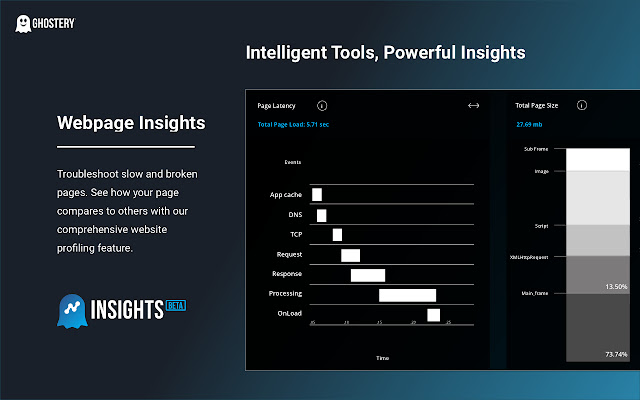
How to Evaluate a Prop Trading Firm?
It’s a question every ambitious trader faces at some point: if you’re going to put your skills — and potentially your money — into a proprietary trading firm, how do you know you’re choosing the right one? In a world packed with flashy promises and Instagram ads flaunting sports cars, separating hype from reality can feel like navigating a storm in the dark. The stakes are high, because the firm you pick shapes your earning potential, your learning curve, and maybe even the way you see trading as a career.
“Your edge is only as sharp as the hand that holds it.” This isn’t just a slogan — in prop trading, it means your talent needs the right environment to thrive. Let’s talk about what really matters when evaluating a prop trading firm, pulling in some stories from the floor, a few hard truths from the market, and a glimpse into where the industry is headed.
Understanding the Role of a Prop Firm
Prop trading firms aren’t just silent brokers; they’re partners who give traders capital, tools, and often a risk framework to operate in. While the payoff can be huge — imagine leveraging $100K instead of your $5K personal account — the relationship isn’t one-size-fits-all. Some firms focus on forex and indices, others open doors to stocks, crypto, options, or commodities. The right fit depends on the markets you know, your trading style, and how much structure you want.
A real-world case: one trader I know jumped into a crypto-focused prop firm because of the shiny promise of “no limits.” Within months, the volatility tore through his portfolio — the firm didn’t provide stop-loss guidelines or solid risk analytics. On the other end, another trader joined a forex/indices firm with strict drawdown rules and daily report reviews. It wasn’t as “fun,” but she steadily built profit and now mentors new traders there.
What to Look for in a Solid Prop Trading Firm
Capital Allocation & Leverage
The obvious temptation is high leverage — that adrenaline hit when you see the potential returns multiply. But leverage without risk discipline is like driving a sports car without brakes. A respectable prop firm balances aggressive opportunity with strict loss limits, protecting both its capital and your longevity as a trader.
Risk Management Culture
If they don’t have a clear risk framework, walk away. This is the DNA of a good prop firm: deciding when you should stop trading for the day, how to handle news events, how much exposure to hold across correlated assets. You’ll see serious firms talk openly about risk in onboarding — and they’ll track it ruthlessly.
Education & Mentorship
Prop trading isn’t a lone wolf game anymore. The best firms integrate real-time mentorship, market analysis sessions, and tech tools that give traders an edge. You’ll want to check whether they offer training across multiple assets — forex, stocks, crypto, commodities — so you can expand your repertoire and survive shifts in market trends.
Tech & Infrastructure
Latency matters. Execution speed matters. Access to smart order routing, AI-driven analytics, and trading dashboards matters. In the age of decentralized finance (DeFi), where smart contracts may one day automate trade execution, having a tech-forward firm isn’t a luxury — it’s survival.
Industry Outlook & Modern Challenges
Prop trading isn’t immune to disruption. Decentralized exchanges and DeFi protocols are creeping into the scene, powered by blockchain tech. The thrill of peer-to-peer asset swaps without middlemen is undeniable — but so are the risks, from smart contract bugs to liquidity crunches. AI-driven trading strategies are also reshaping the landscape, scanning massive datasets in seconds to identify micro opportunities. The prop firms already integrating AI into their workflow are ahead of the curve; others will get left behind.
There’s no shortage of markets to explore: forex is still the global heavyweight in liquidity, stocks carry the classic investor appeal, crypto channels raw volatility, options give structured bets, and commodities remain the heartbeat of macro trends. A versatile prop firm lets you step into each arena without reinventing your entire approach.
Choosing Your Match
When you strip away the marketing gloss, choose a firm that feels like a trading ally, not just a capital source. Look for transparency in their profit split, clarity in rules, and access to tools that actually make a difference. Talk to current or past traders in the firm — not their sponsored YouTube faces, but people who’ve been in the trenches.
And remember: whether you’re trading euro/dollar swings or crude oil futures, the firm you join will shape your rhythm. The right one feels like a launchpad; the wrong one feels like a leash.
Trading slogan to keep in mind: “Don’t just chase the market — find a firm that moves with you.”
If you want, I can also make a shorter, punchy “social-media friendly” version of this in the same tone so it’s shareable across platforms. Do you want me to do that next?

